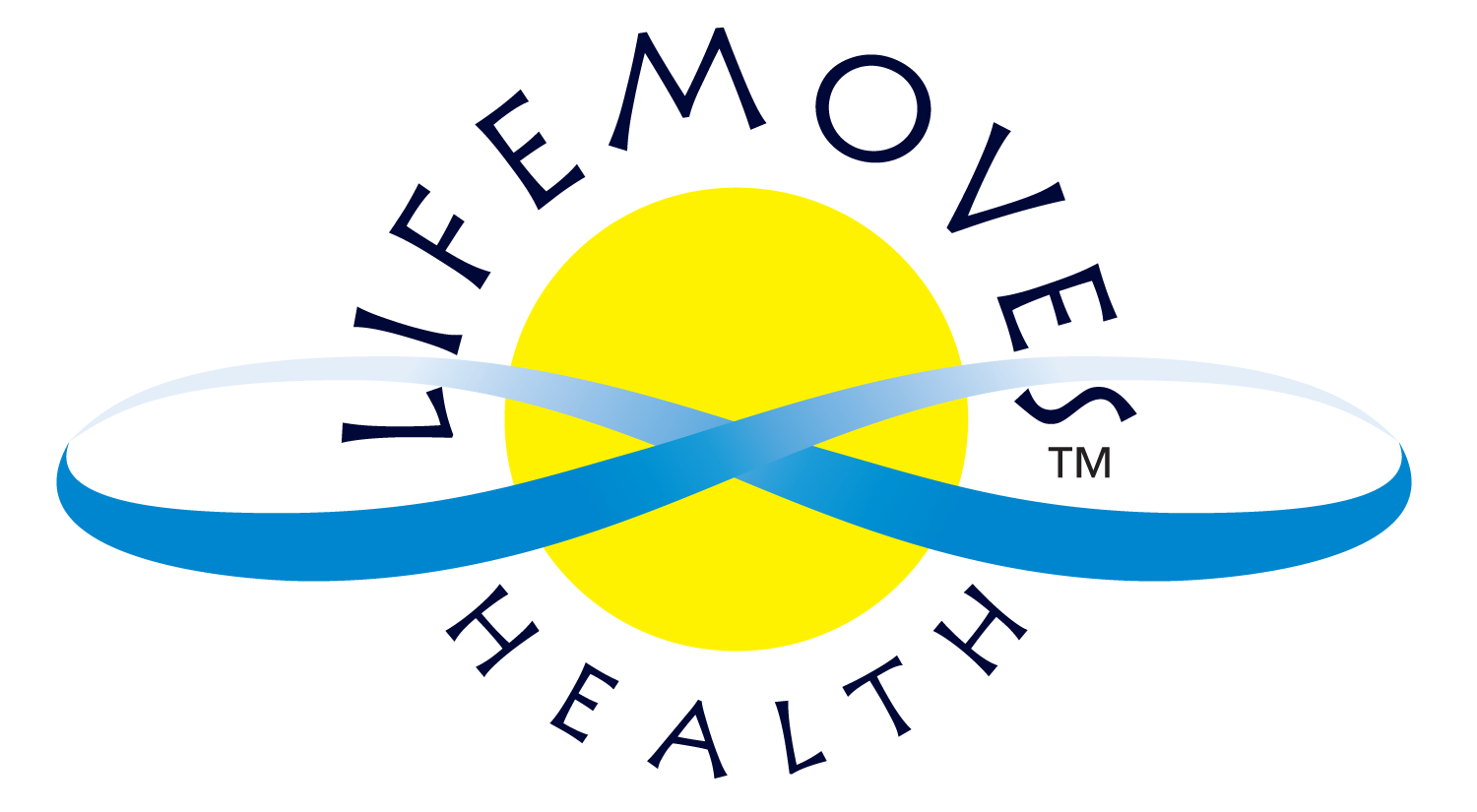Being Seen
A few seconds on a train reminded me we are not invisible
Photo by Finn Skagn via Unsplash.
One of the pros and cons to living in NYC is that no one sees you most of the time. Celebrities have the rare experience of anonymity and the rest of us have been known to make the most of the fact that our behavior, even if somewhat outside the norm, will largely go unnoticed.
Those who say the city can be lonely are right, too. Anonymity has its perks, but a world in which you are rarely seen is also a stilted one. While it follows naturally that the more people there are in a given place, the less personal our interactions become with each other, there’s something unnatural about the disconnection that arises between us. Frankly, it feels a bit off.
At least to me.
Last night, I rode the subway home from class. I was happy. I was tired. I had big things on my mind.
Like many on the train, I suspect.
Sometimes I stand on the train, but last night, I entered the car and I saw an open seat next to a man wearing a knee brace. He and I made the NYC rudimentary acknowledgement of each other. There was barely any eye contact; it was more of a detached knowing that he was in his world, I was in mine, and we were now sitting next to each other.
His knee brace reminded me of my own extended time in a knee brace, recovering from a then cutting-edge and now-standard surgery. I was in a brace for many, many months. I felt compassion toward him and hoped he would have an easier experience. It was hardly more than a thought in the moment, and I said nothing to him.
Content in my own world, I closed my eyes to meditate. The express train ride is only a few stops, so I chose a breathing meditation that would allow me to be able to have some consciousness of the train’s whereabouts. It was a lovely treat that felt “just right.”
A few minutes later, the train arrived at my station. As I stood to exit, my seatmate said, “You have a good night,” in the way you might speak to someone to whom you’d been talking for a while. We hadn’t said a word the whole trip, but this much I knew from the tone of his farewell: he had seen me as a person. Even though I’m not sure he ever looked at me directly before that moment.
They say the eyes are the windows to the soul, but my eyes had been covered by my eyelids and he seemed to be looking in another direction. And yet, all I can say is I felt very much seen when he spoke to me, as if he recognized something of the person I was, and that he wished me well.
What a gift he gave me.
He reminded me of words in other languages that express what we see in one another. Three that have made a big impact on me:
Namaste (Sanskrit)
Vanakkam (Tamil)
Sawubona (Zulu)
My first exposure to these words was the same as many Westerners: Namaste. Growing up after hippies came on the scene and yoga became widely-known enough to be featured on public television, the Sanskrit word “Namaste” made its debut in the English-speaking world without much notice on my part. It wasn’t until decades later that I learned what it meant: “I bow to the divine in you.”
I thought, How beautiful to recognize the enlightened-ness and goodness in someone? It struck me, because this phrase did not seem to me to be at all about religion, but rather about our virtue. Our worth. Sometimes we don’t even see it in ourselves, so to have it humbly reflected back to us by each other… I found that concept inspiring.
Then, in 1997, I had the incredible good fortune to be cast in the premiere of a beautiful South African play, My Life, shepherded by the renowned playwright, Athol Fugard, and directed by Peter Grego. Peter, talented and collaborative, gave all of us in the cast the chance to see each other through an incredibly deep and generous rehearsal process. As a result, our connection to each other and the play, both on and off the stage, was undeniable.
In the play, one of the characters, a young Tamil woman, describes her culture’s word, “Vanakkam,” as this: “I see Light and I see God in you.” To me, it was less about God in a literal sense and more about seeing the best in a person. In its essence, this phrase was like “Namaste,” and it inspired all of us in the cast to see each other fully, every day.
And now, over the past year or so, I’ve learned of the Zulu greeting, “Sawubona.” Simply, it means, “We see you.” With “Sawubona,” seeing is a dialogue and there is a witnessing and the freedom of the other. In its fullest sense, “Sawubona” encapsulates so much more, including “I see you and by seeing you, I bring you into being.”
These videos have beautiful and different descriptions:
Sawubona. Vanakkam. Namaste. These are what I felt yesterday on the train when my seatmate spoke to me. The virtue, the light -- the sheer existence of my being had been witnessed and confirmed by another. My response to him, in kind, was instantaneous. “Thank you! You too.”
Beyond polite words, in that simple moment, we expressed that truly saw each other. I can’t thank him enough for reminding me that we, at any time, can do that.

